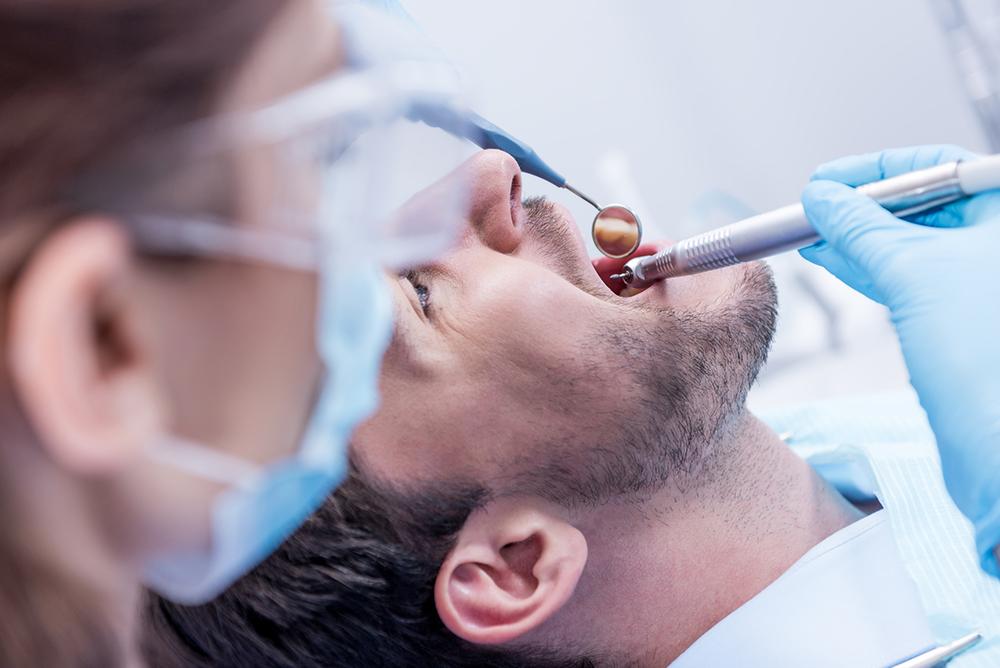In an era where the gig economy is reshaping industries from transportation to hospitality, it was only a matter of time before it reached the realm of healthcare. Enter freelance dentistry, a burgeoning trend where dental practitioners offer their services independently, outside the traditional clinic setting. While this innovative approach offers convenience and flexibility for both dentists and patients, it raises critical questions about patient safety and regulatory oversight. Are patients still afforded the same safeguards when they seek dental care from freelance practitioners?
One of the primary concerns surrounding freelance dentistry is the issue of accountability. In a traditional dental clinic, patients have the assurance of knowing which dental professionals are responsible for their care. They can research the clinic’s reputation, check credentials, and seek recourse through established channels if something goes wrong. Regardless which dental clinic are they choosing to entrust with their oral health, when receiving treatment from a freelance dentist, the lines of accountability can become blurred. Without a fixed location or established practice, patients may find it challenging to ascertain the credentials and track record of the dentist they are considering.
Moreover, the transient nature of freelance dentistry complicates matters further. Unlike brick-and-mortar clinics, freelance dentists may operate out of temporary locations such as rented office spaces or even patient homes. This lack of permanence not only makes it difficult for patients to locate the practitioner in case of follow-up care or complications but also raises questions about the standards of hygiene and sterilization in these makeshift settings.
Another critical aspect to consider is the regulatory oversight of freelance dentistry. While traditional dental clinics are subject to strict regulations and licensing requirements imposed by health authorities, freelance practitioners may operate in a regulatory gray area. In some jurisdictions, there may be loopholes or gaps in existing regulations that fail to adequately address the practice of freelance dentistry. This lack of oversight can leave patients vulnerable to substandard care or even malpractice.
Furthermore, the legal recourse available to patients in the event of negligence or malpractice may be limited when dealing with freelance dentists. In a traditional clinic setting, patients have the option to pursue legal action against the clinic and its owners, who are typically insured against malpractice claims. However, freelance dentists may lack the same level of liability insurance or assets to cover potential damages. As the saying goes, “it’s hard to sue a moving target,” and tracking down a freelance dentist who may have moved on to another location or ceased practicing altogether can prove to be a formidable challenge for aggrieved patients.
Despite these concerns, it’s essential to recognize that freelance dentistry also offers some potential benefits for both patients and practitioners. For patients, the convenience of receiving dental care on-demand and potentially at lower costs can be appealing, especially for routine procedures. Freelance dentists, on the other hand, may appreciate the flexibility and autonomy that comes with being self-employed, allowing them to set their own schedules and rates.
However, the onus lies on both patients and regulatory authorities to ensure that the rise of freelance dentistry does not compromise patient safety and quality of care. Patients should exercise due diligence when selecting a freelance dentist, thoroughly researching their credentials and seeking recommendations from trusted sources. Regulatory bodies must also adapt to the changing landscape of healthcare delivery, enacting regulations that effectively address the unique challenges posed by freelance dentistry while safeguarding patient interests.
In conclusion, the emergence of freelance dentistry presents both opportunities and challenges for patients seeking dental care outside the traditional clinic setting. While the convenience and flexibility it offers are undeniable, concerns about accountability, regulatory oversight, and patient safety cannot be ignored. As the landscape of healthcare continues to evolve, it is imperative that patients, practitioners, and regulatory authorities work together to ensure that freelance dentistry upholds the highest standards of professionalism and patient care. After all, when it comes to healthcare, patients deserve nothing less than the best, regardless of which dental clinic they choose to entrust with their oral health.

